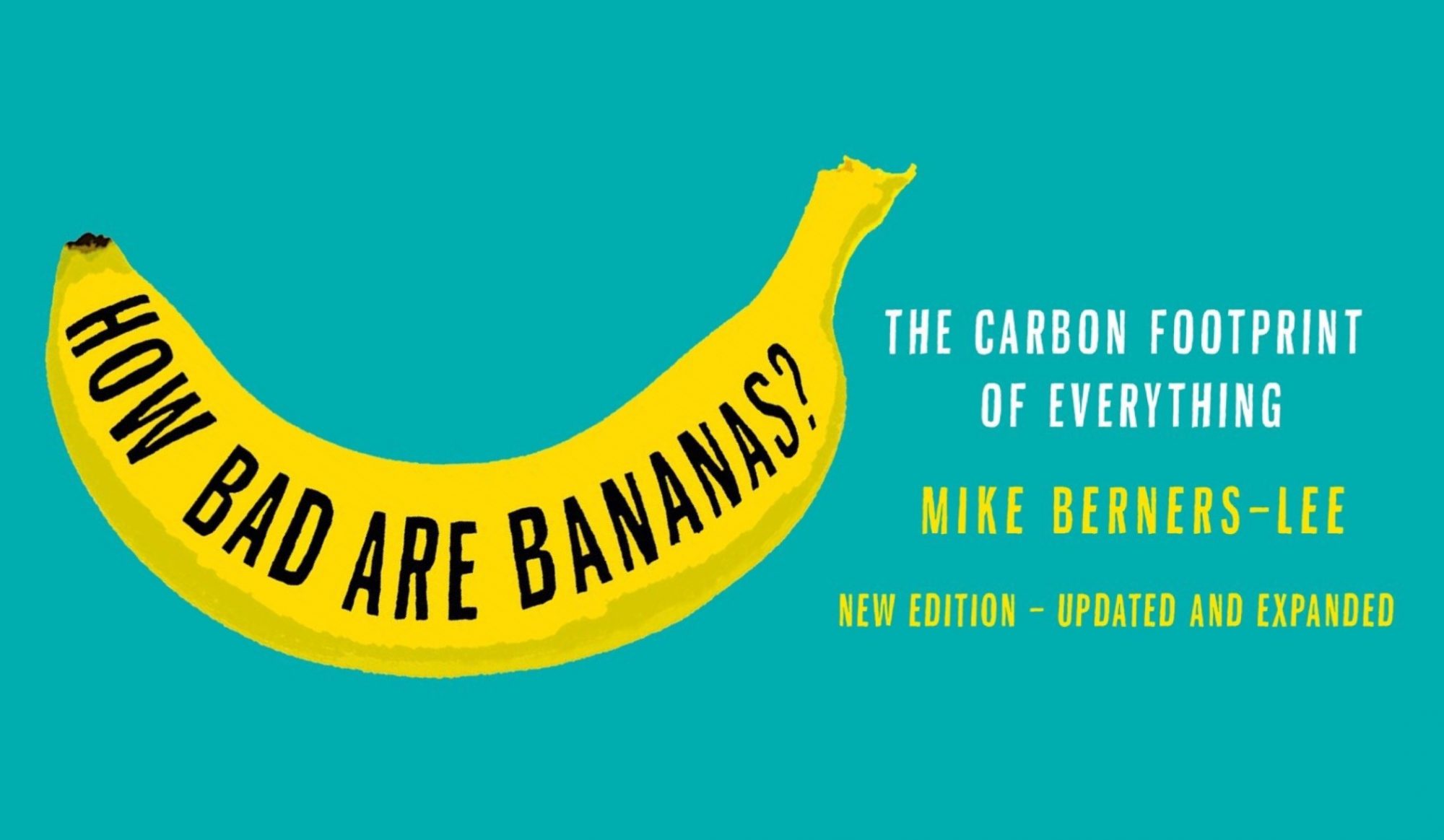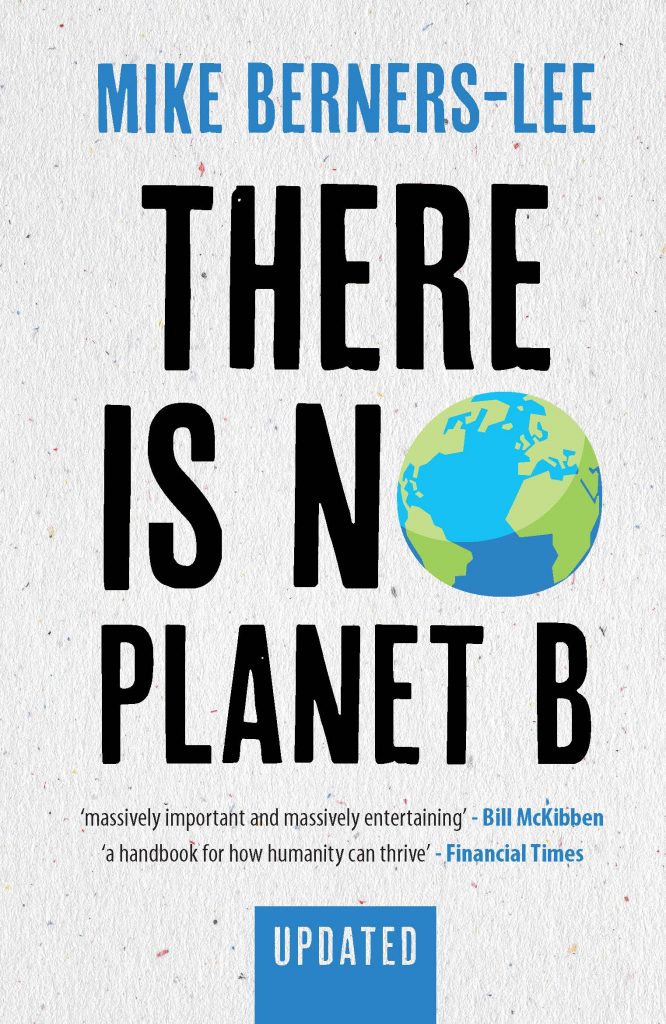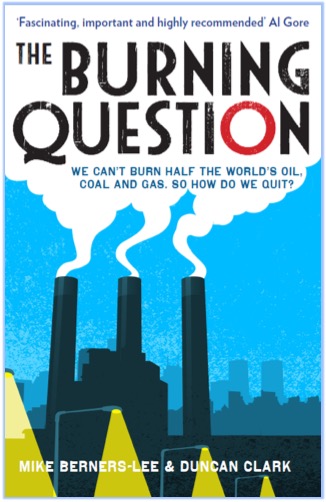There Is No Planet B: A Handbook for the Make or Break Years
Feeding the world, climate change, biodiversity, antibiotics, plastics – the list of concerns seems endless. But what is most pressing, what are the knock-on effects of our actions, and what should we do first? Do we all need to become vegetarian? How can we fly in a low-carbon world? Should we frack? How can we take control of technology? Does it all come down to population? And, given the global nature of the challenges we now face, what on Earth can any of us do?
Fortunately, Mike Berners-Lee has crunched the numbers and plotted a course of action that is practical and even enjoyable.
There is No Planet B maps it out in an accessible and entertaining way, filled with astonishing facts and analysis. For the first time you’ll find big-picture perspective on the environmental and economic challenges of the day laid out in one place, and traced through to the underlying roots – questions of how we live and think. This book will shock you, surprise you – and then make you laugh.
And you’ll find practical and even inspiring ideas for what you can actually do to help humanity thrive on this – our only – planet.
The Burning Question (co-author Duncan Clark)
The Burning Question reveals climate change to be the most fascinating scientific, political and social puzzle in history. It shows that carbon emissions are still accelerating upwards, following an exponential curve that goes back centuries. One reason is that saving energy is like squeezing a balloon: reductions in one place lead to increases elsewhere. Another reason is that clean energy sources don’t in themselves slow the rate of fossil fuel extraction.
Tackling global warming will mean persuading the world to abandon oil, coal and gas reserves worth many trillions of dollars – at least until we have the means to put carbon back in the ground. The burning question is whether that can be done. What mix of politics, psychology, economics and technology might be required? Are the energy companies massively overvalued, and how will carbon-cuts affect the global economy? Will we wake up to the threat in time? And who can do what to make it all happen?


